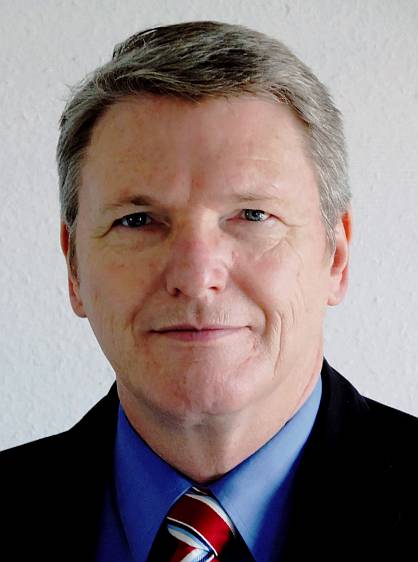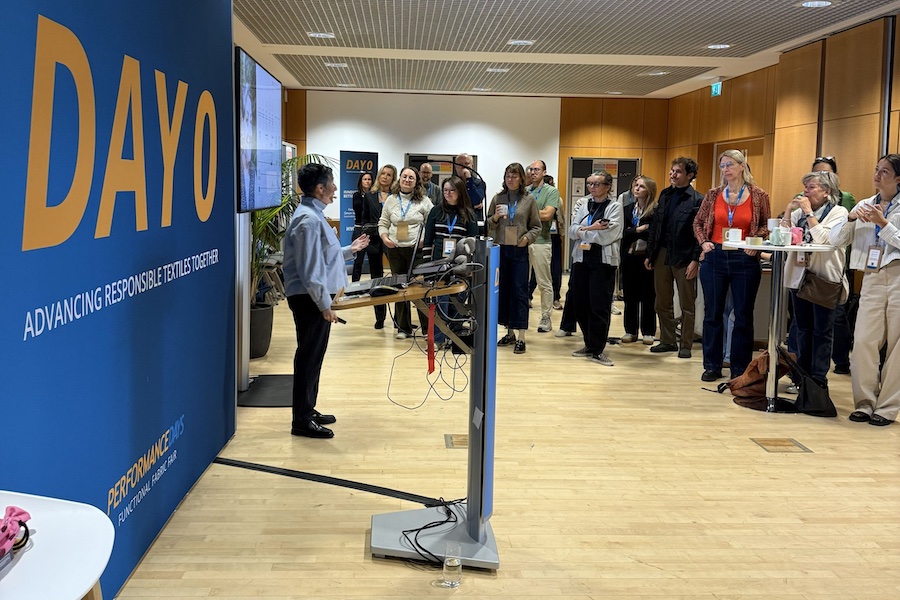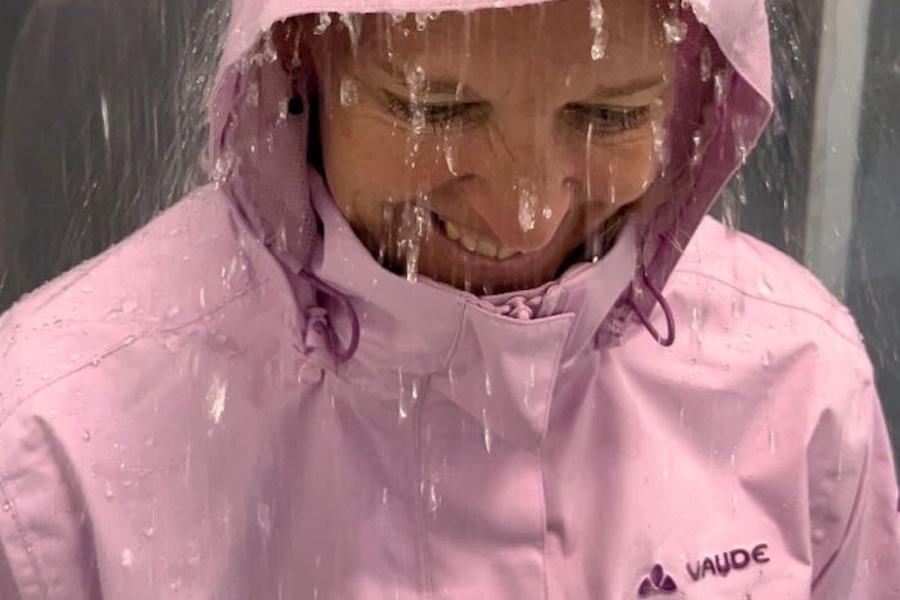#ITMA 2015
Metered dispensing technology from Weko saves energy and resources
Sustainability is a broad field. As a member of VDMA, what specific approach does Weko associate with the subject? These days, the highest priority for any responsibly trading business, which we consider ourselves to be, is to use resources as economically as possible and implement sustainable manufacturing practices. Accordingly, with our systems we place considerable emphasis on the subject of "economising". It is true that the subject of sustainability is most often associated with the power generation and storage segment. Of course, that is very important, but it does not represent the whole picture: sometimes one tends to forget that it is also imperative to conserve water, energy, and chemicals in industrial manufacturing precisely because this approach, together with upgrading to appropriate technology and continuous optimisation of existing production processes, also helps significantly to reduce the environmental burden.
You are alluding to the non-contact rotor system for coating surfaces, which can be integrated in existing systems. How does that work? Surface coating is part of the standard procedure in the paper, textile, printing or foil industries, for example. It is a way to endow the base material, produced in webs, with certain functional properties that are not intrinsic to the base material alone, such as flame retardant properties, softness, antimicrobial/antibacterial, hydrophilic/hydrophobic or oleophilic/oleophilic additives. With our rotors, which work like a rapidly rotating spray disc, the corresponding liquids can be applied without contact and continuously according to a precise quantity specification. Unlike the conventional technology, the contactless application means that the surface to be coated is not subjected to any mechanical load. In addition, the distribution of the liquid is improved considerably, because it is applied as a homogeneous stream of extremely fine microdroplets.
Please explain the advantages of this economising approach with an example… … woven goods. For these products, the "foulard method" is often used to impregnate or coat fabrics. In foularding, the textile to be treated is transported through a liquid or chemical bath as a web. As a result, not only is more than just the essential quantity of liquid applied, but it also penetrates practically the entire textile, so it has to be squeezed out afterwards using nip rollers and then dried to remove the excess liquid. As an illustration: Before coating, the absolute moisture content of a conventional textile is in the order of 8-10 percent; this means that 1 kg of material contains 80-100 grams of water. After foularding, the moisture content in the material is about 60-70 percent. Drying processes that consume a great deal of energy have to be applied to lower the moisture content to a normal level again. On the other hand, with the Weko liquid application system the woven goods only have an absolute moisture content of about 20 percent after coating, and much less energy is needed to reduce this to the required 8-10 percent – this corresponds to about 40 percent less drying power than is needed in the foularding process.
With our approach, only the quantity of liquid that is actually needed is sprayed onto the surface. This reduces the consumption not only of electricity, oil or gas – depending on the method used – because the drying process is less extensive, but also of chemicals and water, depending on the coating requirement. Incidentally, in targeted application with metered, non-contact spraying, hardly any chemical residue is left over. And finally, a great deal of time is lost when the materials have to undergo extensive drying processes. As a result, the manufacturing process is made unnecessarily slower, and more expensive.


That sounds as if a great deal was invested in research and development beforehand? Certainly. Weko is based in Baden-Württemberg, known as the state of tinkerers and thinkers. Of our 140 employees, about 30 are engaged full-time in R&D processes. One of their main concerns is always to optimise the flow and control equipment, and also electronic and software development. The more intensively we work on these questions, the more our systems contribute to sustainability, because they are continuously improving the precision, metered application and energy economy involved in applying the chemicals, so that only the quantities really needed to provide the required function are used. As recently as 2015, a well-known Indonesian knitware manufacturer decided to install our metered dispensing systems for quality reasons, in order to lower chemical consumption sustainably, by reducing chemical waste and improving the metered dispensing of the chemicals.
How do you manage worldwide distribution? Besides tissue producers, which use our rotor systems to apply softeners to paper handkerchiefs, for example, this technology has also been chosen mainly by world market leaders in the printing, foil and paper industries. As an owner-operated business, we may have been settled in our headquarters in Leinfelden-Echterdingen for a little over 60 years, but we have always seen globalisation as a challenge: apart from our production sites in Germany and Brazil, we have cultivated a global network of service and sales offices and partners in Italy, the UK and the US, to name but a few. This enables us to configure both the choice and the integration of our systems in the manufacturing process directly on site.
At which trade fair will the sustainable application systems be exhibited in the near future? At the ITMA in Milan, visitors to the Weko stand will be able to convince themselves of the advantages of our pinpoint, non-contact application systems. Under the slogan "Pinpoint solutions for your needs", we will use an exhibit at the trade fair to demonstrate homogeneous application. And you will also find us represented at a wide range of trade fairs for other industrial sectors.













